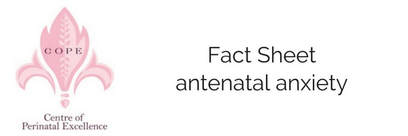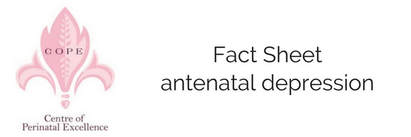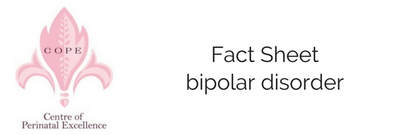pregnancy
Pregnancy can be a time when women experience heightened emotional states. It can be an exciting time anticipating the birth of a baby, but it can also be a time filled with anxious apprehension. In some cases, women notice that their thoughts become obsessive and/or their behaviours become compulsive. Obsessive-compulsive disorder can manifest in pregnancy, which can be distressing and disabling.
Anxiety can be common for women who have experienced previous losses or difficulties conceiving. Pre-existing fears or worries may manifest themselves during pregnancy. Worries specific to the safety of the baby can become overwhelming. Many women speak of the 'horror stories' other women tell them, and these stories can be frightening for some pregnant women. Specific fear of childbirth can bring women to counselling, as can more general fears around becoming parents, losses of old life, losses of work identity, changes to relationships, etc.
Antenatal and Postnatal Psychology Network psychologists assist women with antenatal depression, anxiety (including obsessive-compulsive disorder) and stress. Emotional distress may be associated with symptoms of pregnancy, family difficulties, relationship difficulties, body image issues, unresolved family of origin issues, grief and loss, trauma, or previous mood or anxiety disorders and gender disappointment (following gender confirmation). Network psychologists refer to and liaise with perinatal psychiatrists when the biological management of mood disturbance is required.
Some women and couples are faced with diagnoses of fetal anomalies which can result in having to process complex information involving difficult decisions about a pregnancy. Network psychologists do not advise women and couples on their decision making. With a non-judgemental stance, Network psychologists facilitate a process whereby each person can address the complexity and emotions surrounding their decision making, in order to come to decisions that feel right for them.






